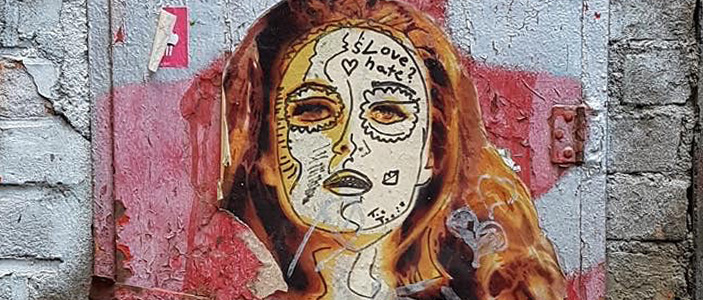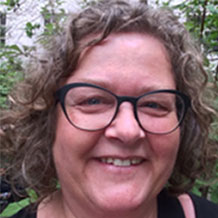
Professor Dorthe Refslund Christensen
Since 2008, together with my research partner Kjetil Sandvik, University of Copenhagen, I have analyzed parents’ bereavement practices after loosing a baby, prior to, during or shortly after birth. Our focal points are: which ritualizations, media and materialities do parents use in their grief practices and, not the least, in the continued performance of parenthood in everyday life. The results have been presented in a large number of articles and papers. I am editor in chief of two international bookseries, Studies in Death, Materiality and the Origins of Time (Routledge; with prof. Rane Willerslev) and Sharing Death Online (Emerald Publishing; with Kjetil Sandvik); co-founder of the international research network Death Online Research Network and leader of the research unit Cultures and Practices of Death and Dying, Aarhus University.
Parents’ bereavement practices and beyond: performing parenthood in periods of grief and in everyday life
Loosing a child prior to, during or shortly after birth is emotionally challenging to the parents: their identity as parents-to-be and all preparations for becoming-parents as well as all hopes and dreams for the future are rendered meaningless when the child dies. In this situation, the process of grief becomes a way of reinstalling meaning by establishing an ongoing relationship to the dead child by which the child – who in life was barely there – gains existence and through which the identity as parents (however to a dead child) is established, communicated and socially acknowledged.
In this talk, I present the research we have done for the past ten years, on parents’ bereavement- and everyday life practices as parents to a dead child. Our empirical focuses have moved from parents’ online practices to their ritualizations on graves and to their everyday life routines continuously including the dead child in their family life. Methodologically, we have done ethnographic observational fieldwork on childrens graves, on dedicated websites and Facebook groups and interviews with bereaved parents. Theoretically, we have drawn on, for instance, conceptualizations on timework (Michael Flaherty); heterotopia (Michael Foucault) and ritualizations (Catherine Bell, and more), and the use of material objects as media (Joshua Meyrowitz and more).

